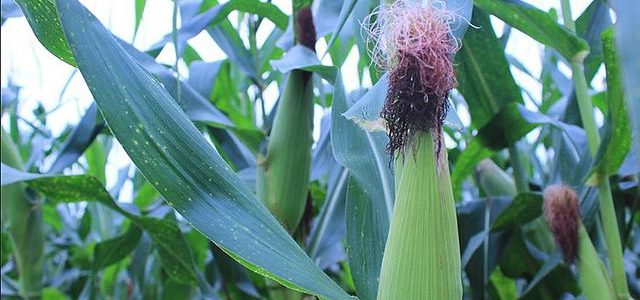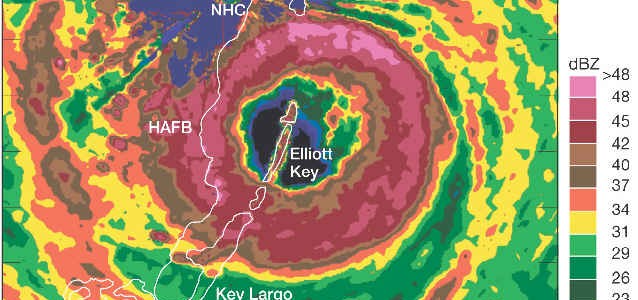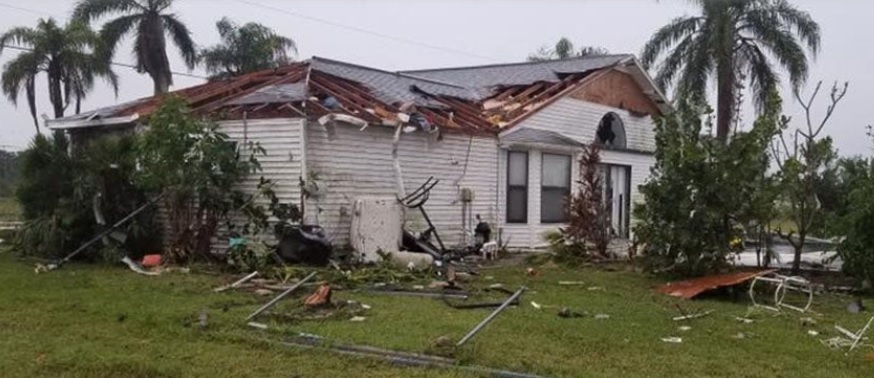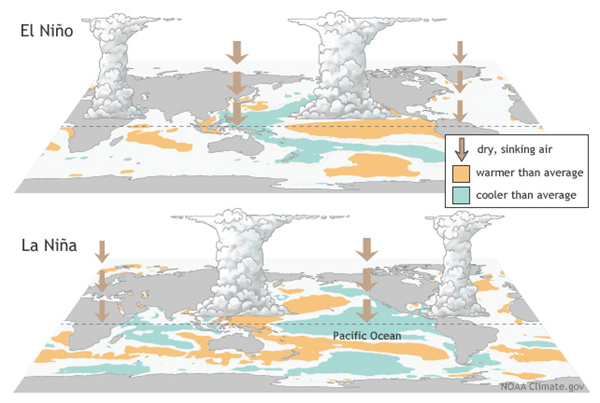Climate science
-

As the global temperatures have been rising, the ranges in which different crops can grow have also changed. Corn and soybeans are two of the crops that are spreading north into areas where they did not previously grow. In the case of corn, increases in precipitation and humidity may also be allowing it to grow…
-

Along with my previous post on trends in seasonal precipitation, here is one on trends in seasons. I read a blog post this week by Brian Brettschneider, who is a whiz at analyzing climate data to find look for new insights into changes that are happening in our climate. Not a big surprise, since he…
-

With sheltering in place now in full swing, the number of airline flights across the US has dropped significantly. What you might not know is that many of these flights provide important and detailed weather information that is fed into weather forecast models, improving their accuracy. With less flights in the air, that means there…
-

NOAA is presenting a series of webinars on hurricanes for 4th through 6th graders in the next few weeks. They are split up by state and will be available later in April. The webinars discuss how hurricane forecasts are made and what hurricane hazards are like. You can read more information and find links to…
-

If you love severe weather, then you have heard of James Spann. He is a broadcast meteorologist in Birmingham AL and is internationally known for his live severe weather broadcasts as well as his amazing number of school visits. It should be no surprise that he is now doing a weather school from his home…
-

A new study published in 2019 shows that tropical cyclones and hurricanes are strengthening more rapidly in recent years than in previous decades, according to NOAA’s National Centers for Environmental Information. A second article shows that the poorer island nations are bearing the brunt of these rapidly developing storms, leading to devastating consequences. Both studies…
-

The El Nino-Southern Oscillation, or ENSO, is the single most important predictor of seasonal climate in the Southeast, so we tend to watch it fairly closely to see if it can give us clues to future conditions. But researchers have found that a shift in ENSO patterns has reduced our ability to make useful predictions.…